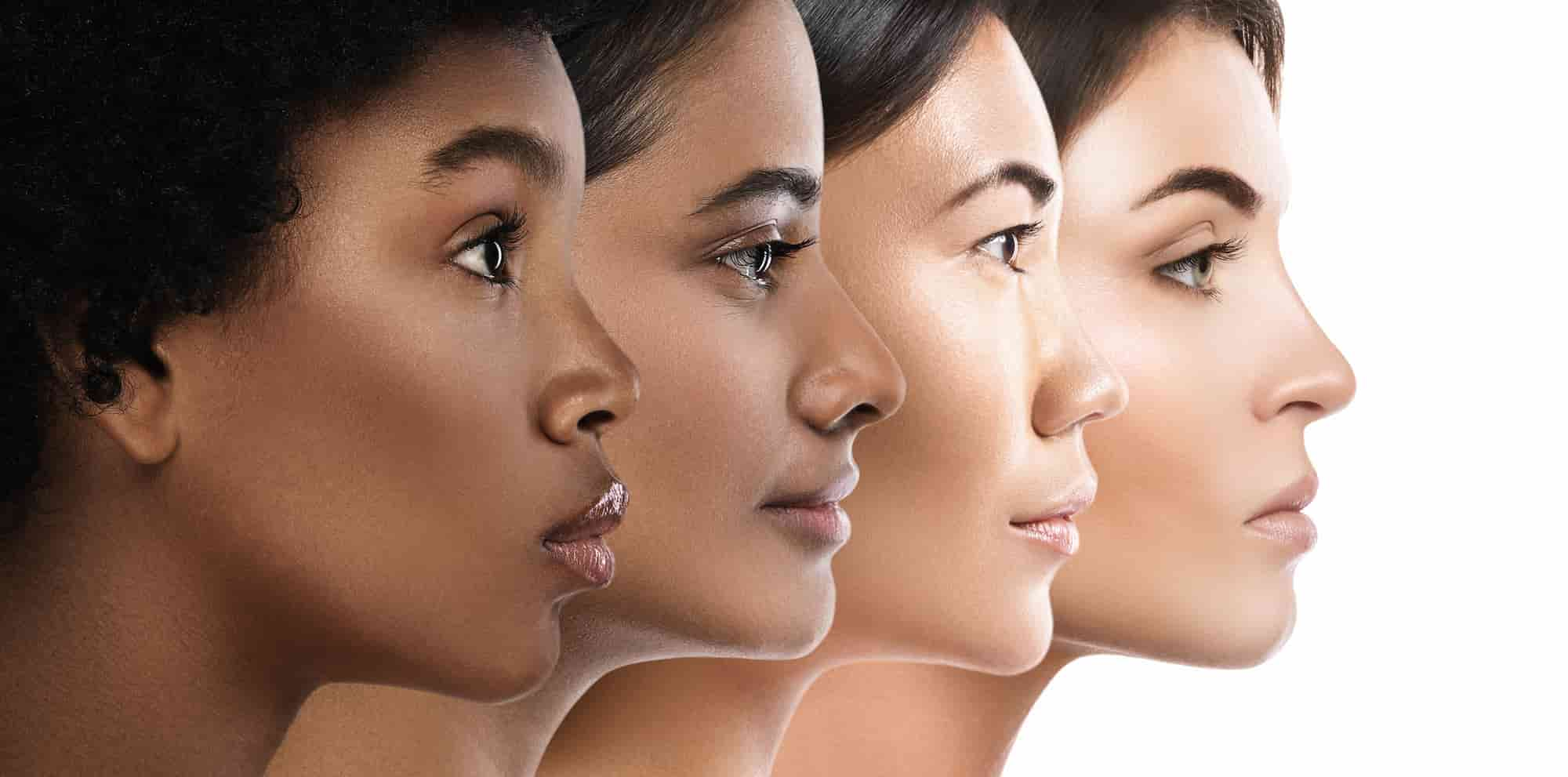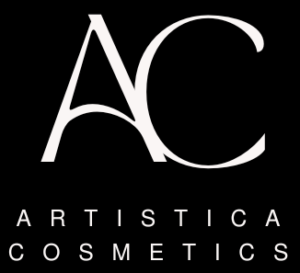
Home>Eligibility
Factors That Cause Cosmetic Tattoo Ineligibility:
There are several factors that can make a person ineligible for cosmetic tattoo, including:
- Skin Conditions: If you have certain skin conditions, such as eczema, psoriasis, or rosacea, you may not be a good candidate for cosmetic tattoo, as the procedure can exacerbate these conditions.
- Blood Disorders: Individuals with blood disorders or who take blood-thinning medications may not be suitable for cosmetic tattoo, as these conditions can increase the risk of bleeding and bruising during the procedure.
- Allergies: If you have a history of allergies to tattoo ink or other substances, you may not be eligible for cosmetic tattoo, as this can increase the risk of an adverse reaction.
- Medical Conditions: If you have certain medical conditions, such as diabetes, heart disease, or autoimmune disorders, you may not be a good candidate for cosmetic tattoo, as these conditions can increase the risk of complications during the procedure.
- Pregnancy and Breastfeeding: If you are pregnant or breastfeeding, it may not be recommended to get cosmetic tattoo, as the ink used may potentially harm the baby.
- Age: In most cases, you should be at least 18 years of age to undergo cosmetic tattoo. For those under 18, a written consent of a parent or legal guardian may be required.
- Medications: If you are taking certain medications such as blood thinners or immunosuppressants, you may not be a good candidate for cosmetic tattoo. The procedure can cause bleeding or increase the risk of infection.
- History of Keloids or Hypertrophic Ccars: If you have a history of developing keloids or hypertrophic scars, you may not be a good candidate for cosmetic tattoo. The procedure can cause scarring, and you may be at higher risk for developing these types of scars.
It’s essential to consult with a qualified professional tattoo artist and discuss any medical conditions, medications, or allergies you may have before undergoing the procedure. They can help you determine whether cosmetic tattoo is right for you and provide you with necessary aftercare instructions to ensure a safe and successful healing process.

